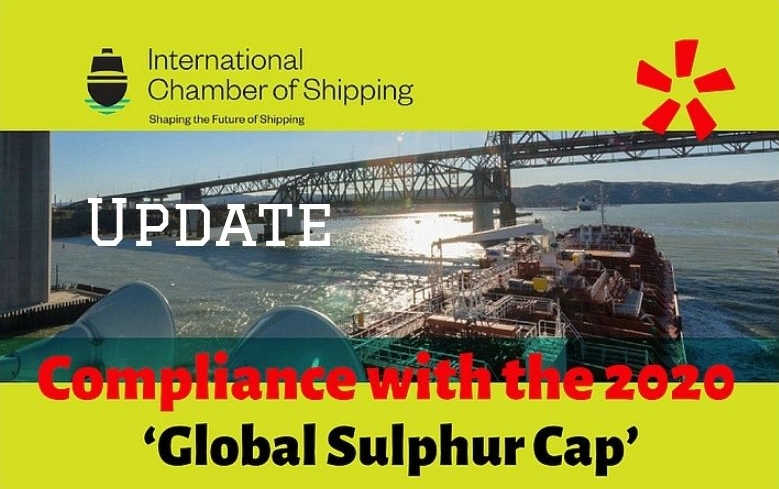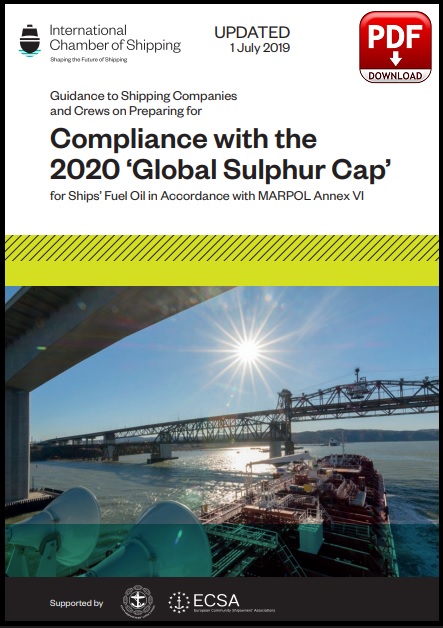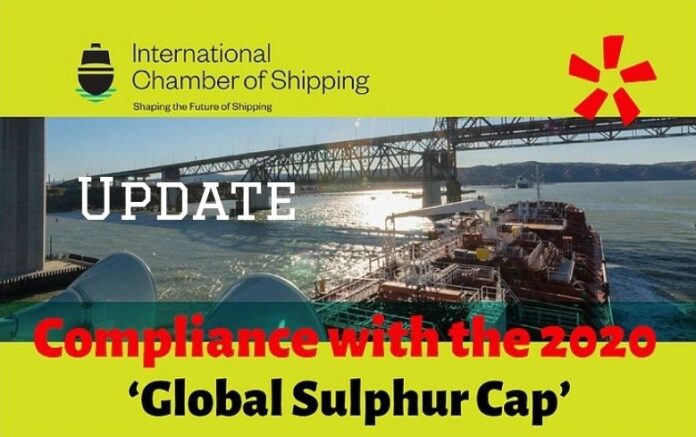
(www.MaritimeCyprus.com) This ICS Guidance was first issued in September 2018 and was updated in January 2019 to take account of decisions at International Maritime Organization (IMO) committee meetings. This current version has been updated after the IMO Marine Environment Protection Committee (MEPC) in May 2019 and the IMO Marine Safety Committee (MSC) in June 2019.
From 1 January 2020, in accordance with MARPOL Annex VI, the sulphur content of fuel oil used on board commercial ships trading outside sulphur Emission Control Areas (ECAs) must not exceed 0.50% m/m.
The 0.50% sulphur limit is a significant reduction from the current global limit of 3.50% m/m which has been in place since 2012. The worldwide implementation of this important new IMO requirement – referred to in this Guidance as the ‘Global Sulphur Cap’ – therefore represents a regulatory game changer.
Apart from the significant additional cost of compliant fuel, implementation will be far more complex than for the previous introduction of ECAs. This is because of the sheer magnitude of the switchover and the much larger quantities and different types of fuel involved, as well as continuing uncertainties about the availability of compliant fuels in every port worldwide immediately after 1 January 2020.
The only regular exception to the use of 0.50% sulphur fuel will be for the relatively small number of ships which elect to use the ‘equivalent’ compliance mechanisms in accordance with Regulation 4 of MARPOL
Annex VI such as LNG fuel or the fitting of an exhaust gas cleaning system (EGCS).
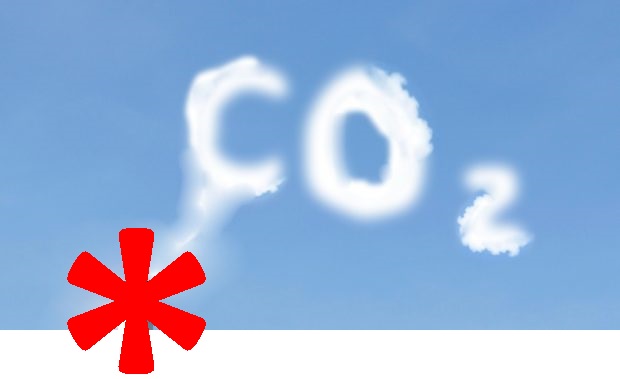
This ICS Guidance has been prepared for the vast majority of ships that will comply with the Global Sulphur Cap immediately after 1 January 2020 using fuel oils with a sulphur content of 0.50% m/m or less. The 0.50% requirement will be strictly enforced globally by Port State Control (PSC) authorities, whose task will be assisted by the prohibition on the carriage of non-compliant fuels, which will enter into force on 1 March 2020. It is emphasised that IMO Member States have agreed there will be no ‘transition’ period after 1 January 2020 to allow for the burning of any non-compliant fuel remaining on board ships.
The ‘transition’ period is in reality the period up until midnight on 31 December 2019. Shipping companies and charterers, as well as ships’ crews, need to fully prepare now. As recommended by IMO, it is particularly important that shipping companies prepare a ship specific Implementation Plan for each of their ships, taking account of this ICS Guidance and the indicative format that has been developed by IMO, included at Appendix 1 for ease of reference. Shipping companies need to prepare these Plans as soon as possible, especially as they will need to start purchasing and loading compliant fuels several months in advance of 1 January 2020.
If a ship has a suitably developed Implementation Plan, and corresponding records are maintained on board which demonstrate how the Plan has been followed, then the ship’s crew should be in a better position to demonstrate to Port State Control (PSC) officers that they have acted in good faith and done everything that could be reasonably expected to achieve full compliance.
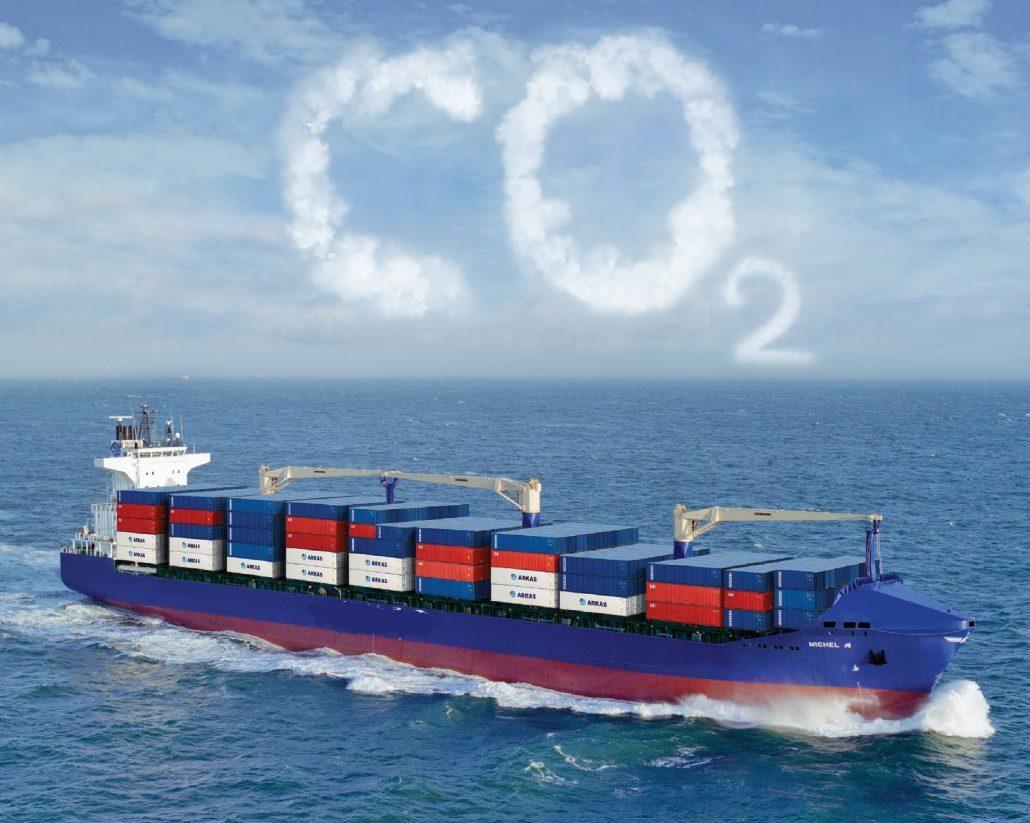
This need to demonstrate good faith could be particularly important in the event that safe compliant fuels are unexpectedly unavailable in some ports during the initial weeks of implementation. IMO has developed a standard format of a Fuel Oil Non-Availability Report (FONAR), included in Appendix 2, for ships to report situations where they were unable to procure safe and compliant fuel and had to consequently bunker non-compliant fuel.
It is important to note that IMO has agreed that Administrations and Port State Control authorities may take into account the ship’s Implementation Plan when verifying compliance with the 0.50% sulphur limit. The following ICS Guidance is primarily intended to assist shipping companies with the significant task of planning in advance to ensure that they have an effective Implementation Plan in place, for each of their ships, which will facilitate full compliance with the Global Sulphur Cap.
Most importantly, the implementation process will need to address many practical issues that will require careful consideration, especially the possibility that some ships may need to carry and use more than one type of compliant fuel in order to operate globally. This is a factor which could introduce additional challenges such as compatibility between different available grades of fuel that could have significant implications for the safety of the ship as well as its commercial operation.
For more information, click below to download the guidance paper.
Source: International Chamber of Shipping





